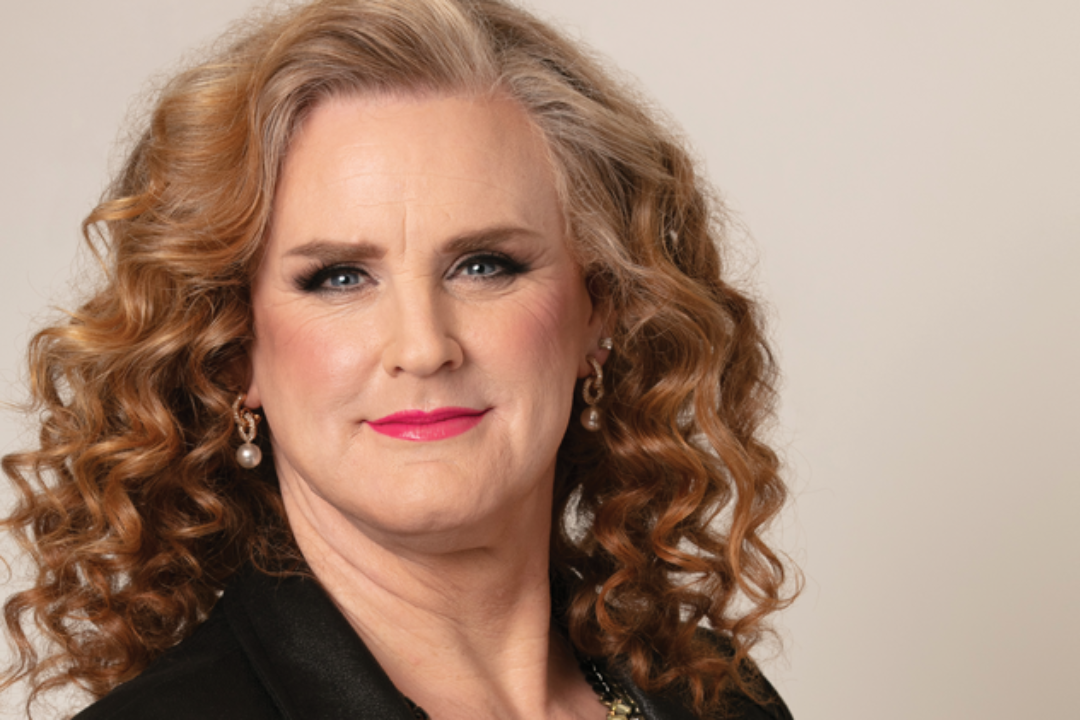Like so many, Renee Gagnon took her first batch of weeds as a teenager. She had just moved to the Canadian province of British Columbia, an area known for growing the plant. She was a fan but never thought she would get into marijuana professionally. Instead, she “got dragged into the internet and dotcoms, and has built a slew of startups,” says Gagnon. During this time she also learned hydroponics as a hobby.
Canada legalized medical marijuana treatment in 2001, but it wasn’t until 2012 when the country began changing its regulations from a homemade model for personal use to a model for commercial growers that Gagnon joined the ranks of cannabis professionals.
“I had waited all my damn life for a legal opportunity to attend where I have government protection and permission,” she says. When the Canadian government announced within four hours of the press release that it would accept proposals to commercialize medical marijuana, Gagnon faxed a business plan.
A few years later, she was at the forefront of the medical cannabis industry in Canada. Her company, Thunderbird Biomedical Inc. (now Emerald Health), was British Columbia’s first public cannabis company.
If Gagnon was surprised by the recognition of her true gender, the news was shocking – and undesirable – to others.
“My spouse didn’t take it very well, as spouses often don’t,” she says. “She passed me on to my friends and family and created a situation in her place of anger and pain that made me come out on Facebook.”
Her company’s conservative board of directors was made up entirely of “old, all-white men,” and the financial industry was worse. Hence, Gagnon made the difficult decision to step down from her leadership role in the company.
What could have been a very isolating and alienating experience, Gagnon introduced to a whole new community, Women Grow, a group of women in the cannabis industry that numbered around 3,500 people at the time.
“In the men’s community, it was ‘We don’t want you here, you’re bringing us all down.’ Women said, “How did you do it? You ran a billion-dollar company, didn’t you?” Gagnon recalls. “Suddenly I was valuable, I was valued. I was suddenly respected and my advice was sought.”
Some of the women weren’t exactly warm to her, but when it came to doing business she was right where she needed to be. “We could talk about the business and nothing had changed,” she says. She was also able to confirm the feelings of the other women that they were denied a seat at the table because of their gender.
Gagnon says she was able to tell the professionals at Women Grow how much gender has played a role in traditional business success. “Because I had spent 48 years on one side of the fence, I was able to tell them with conclusive evidence, ‘It is deliberately held against you.’”
Gagnon knows that US state cannabis laws are small fish. She is waiting for national legalization and she tells that to every woman who listens. “The reality is, when the government hands out the licenses, you want to get one of them. That’s what you’re working towards, ”she says. “That’s long-term planning, that’s strategy. That sustains the gradual growth on a small scale. “
Gagnon adds, “You will learn about packaging, labeling, and everything related to the waistband. The state material will eventually be a backend. None of the states will have a say in the outcome. So unless you study the government, learn how to make a product, how to make it in certain environments and in certain ways with certain papers, it is game over. “
She believes women are uniquely positioned to work in an industry on the verge of regulation.
In the world of corporate competition, privilege can be a disadvantage, Gagnon believes. “The system encourages bold, lazy, sluggish business activity,” she argues. “But women don’t have that luxury. They work with less, they have greater consequences. From an economic point of view, I think that equity and diversity are corporate security. They protect your organization from fire and degrade your organization. “
Now that she has found her true self and community, Gagnon can’t help but be optimistic.
Also Read:
- How to Prevent Chronic Pain From Getting Worse
- Impacts of Nutrition on Chronic Pain Relief
- Medical Cannabis as Chronic Pain Medicine
- Illinois is awarding 55 more cannabis pharmacy licenses in the second of three license lotteries
- Central Coast winemakers and legal cannabis growers are looking for something in common





